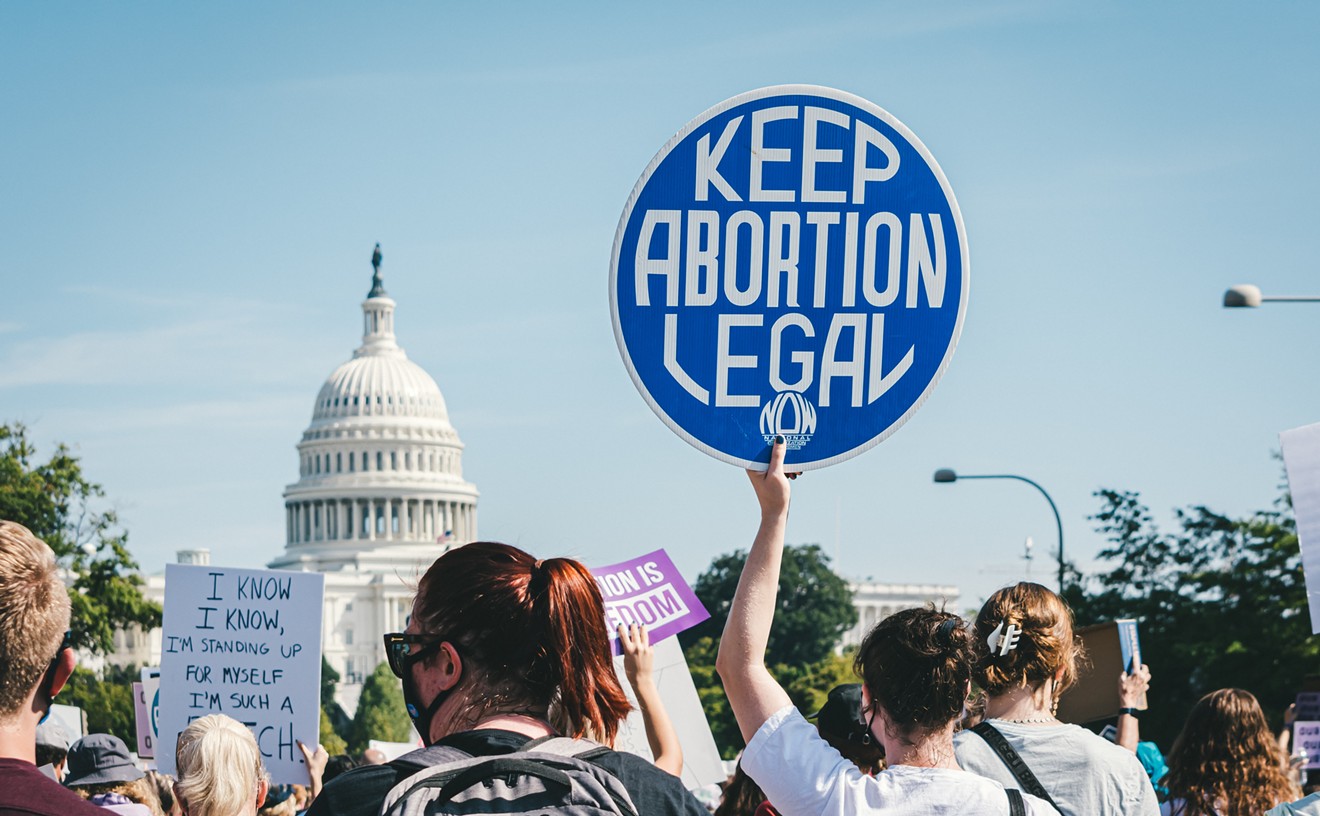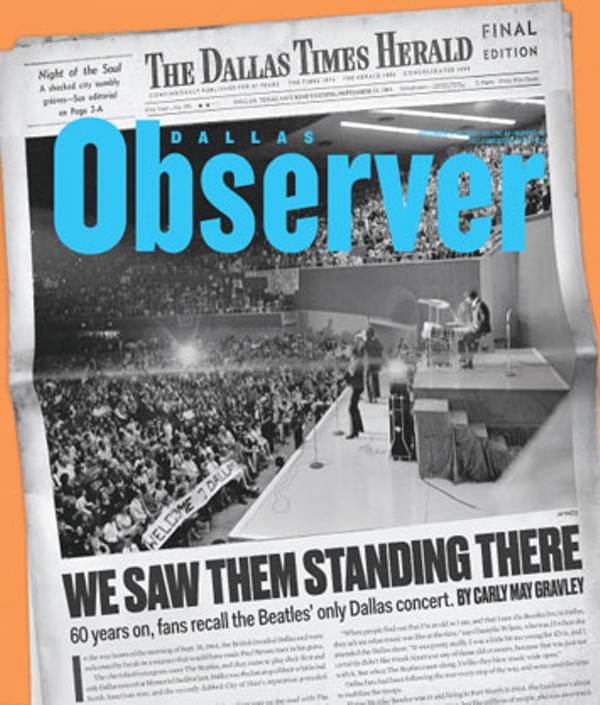Faculty support groups at the University of North Texas are the latest slice of university programming razed by Senate Bill 17, a Texas law that has become infamous for targeting Diversity, Equity and Inclusion (DEI) initiatives in education.
A notice sent to university employees last week announced that groups designed to unite employees who share similarities — such as women, racial groups, Christians and those diagnosed with neurodivergent disorders — must cease operations immediately in order to comply with SB 17, the North Texas Daily reports. According to Journalism Professor Tracy Everbach, 14 resource groups and three faculty senate committees will be dissolved because of the law, including the Women and Gender Equity Network that she co-founded in 2011.
With academia being a male-dominated industry, Everbach and several other female faculty members designed the network as a support system for other women. For over a decade the group received a “modest amount of funding” from the university that allowed for programming such as professional development trainings and speakers.
“This was a way for women to connect with each other. To maybe find someone who could be a mentor to them, or a research partner, or give them advice, networking, that sort of thing. And all that's gone now,” Everbach told the Observer. “We aren’t a DEI program, we were a resource and support group for women. We were not doing any sort of DEI trainings or anything like that.”
Men were allowed and encouraged to attend the inclusive meetings, Everbach added.
In a statement to the Observer, a UNT spokesperson said the faculty groups were dissolved directly as a result of SB 17, which went into effect at the start of this year.
“The changes we have made have been undertaken with the guidance of the UNT System Office of General Counsel to ensure we are adhering to state and federal law as a state institution,” the statement said.
Faculty resource groups had already been reworked in an attempt to comply with SB 17, the North Texas Daily reports. According to an email sent by University Provost Michael McPherson, the resource groups had already been moved to the Office of Faculty Success last fall after the dissolution of the campus’ Division of Inclusion, Diversity, Equity and Access.
Additionally, the mission statements of each group were rewritten to comply with the law, McPherson wrote, but university counsel ultimately “determined that continuation of these groups creates ongoing issues.”
“To me personally, it seems like quite a broad interpretation of that law,” Everbach said. “I don't know what would happen if a group of women decided to get together and meet off campus, if somebody would accuse us of doing something that's against the law. That's why the whole thing just seems kind of absurd to me, because why would it be against the law to support other faculty members who are in the same situation as you? … It almost seems like they’re saying you don’t have the right to assemble with people who are like you.”
But UNT’s broad approach to implementing SB 17 could be a result of threats that state legislators have made since the bill was enacted. In a letter sent to the chancellors and regents of all Texas public universities, state Sen. Brandon Creighton, the author of SB 17, said attempts to circumvent the bill’s guidance “would not be tolerated.”
“I am deeply concerned with the possibility that many institutions may choose to merely rename their offices or employee titles. This letter should serve as a notice that this practice is unacceptable,” Creighton wrote, adding that “potential freezing of university funding and legal actions” could be in the offing for universities that failed to comply.
Three faculty senate groups — the Committee on the Status of Faculty of Color, the Committee on the Status of LGBTQ+ Faculty and the Committee on the Status of Women — were also dissolved last week. According to Everbach, the groups have been responsible for research that discovered inequities in the University system, such as pay disparities between male and female staff.
In an email sent to the committee chairs of the faculty senate, Faculty Senate Chair Coby Condrey said he “regretted” that efforts to preserve the groups “had failed.” As of Monday, all three faculty senate groups had been removed from the list of standing committees posted to the university’s website.
Everbach described the anti-DEI effect of SB 17 as “discouraging and demoralizing.” She said leaders of the faculty resource groups have not been told by campus leadership what resources could take the groups' place.
“Here we are trying to teach this very diverse group of students … and then they see, you know, these programs being cut down right in front of them,” Everbach said. “It's demoralizing as a faculty member to watch this happen.”













